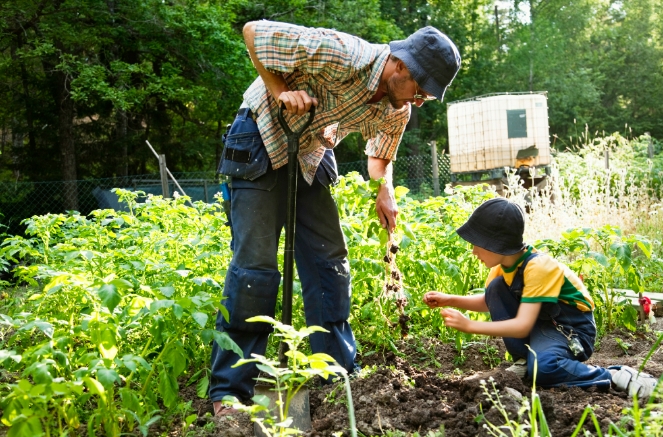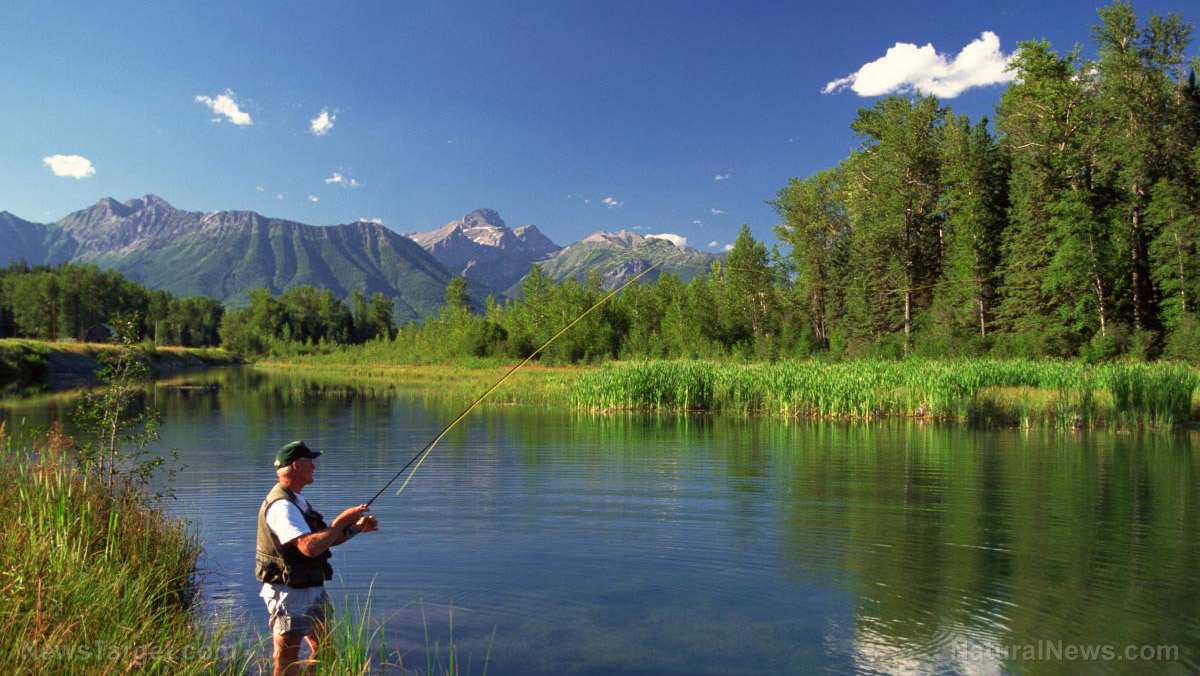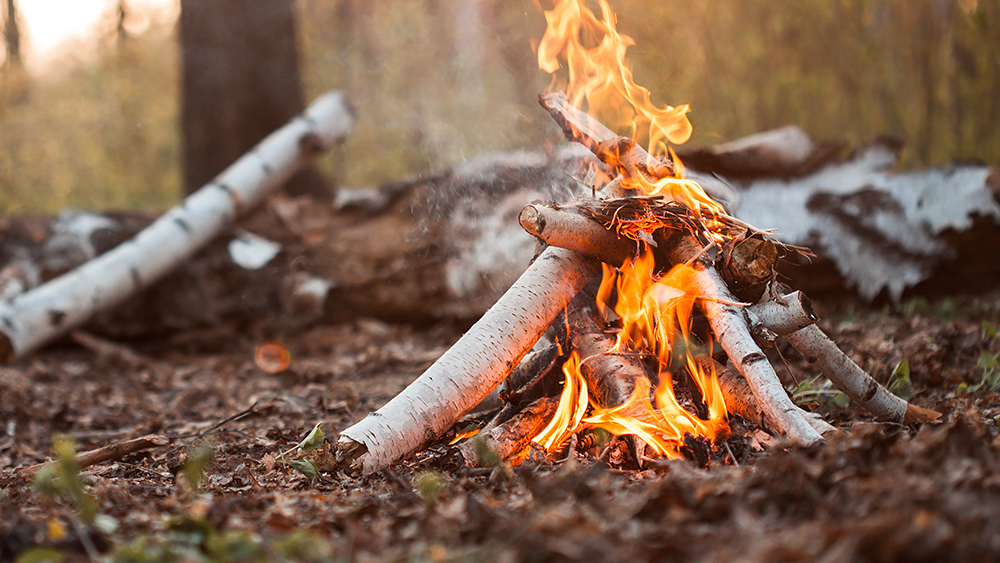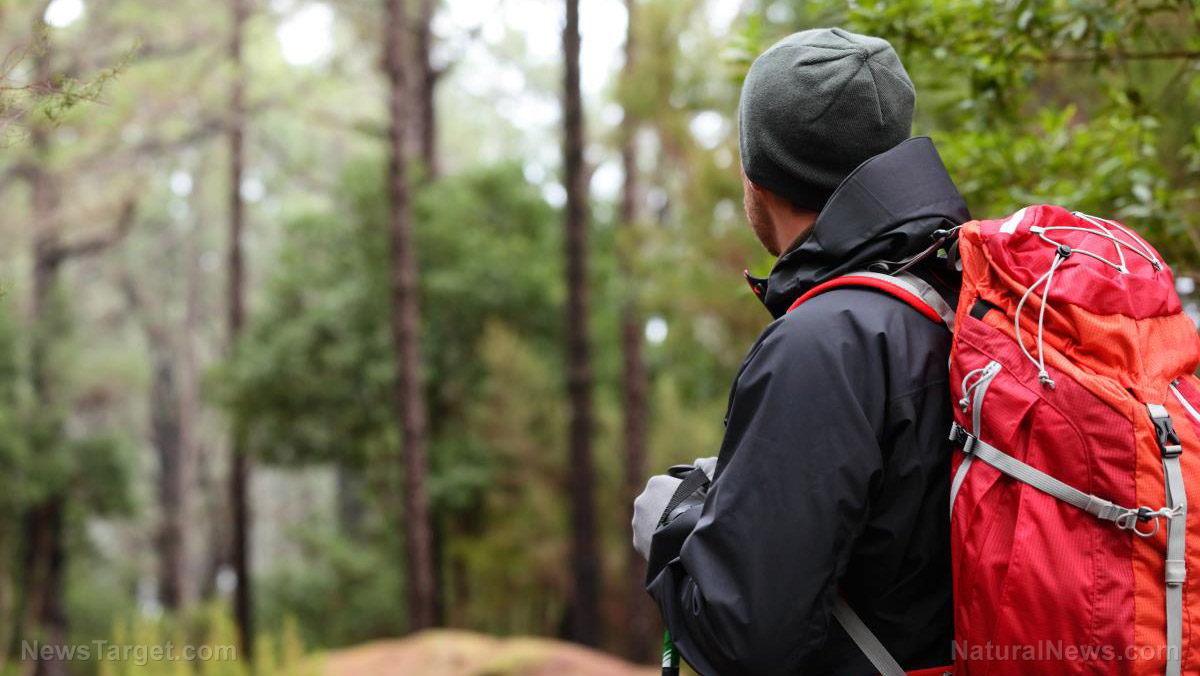
Before you pursue your homesteading dreams, you will need land -- and finding the perfect land isn’t easy. You might be considering to buy a piece of land within your state; it is your comfort zone after all. However, the start to a successful homesteading is planning. Hold off on buying land for now -- here are some considerations that will help you save time, money, and energy. (h/t to BioPrepper.com)
Essential things to consider for homesteading
The mark of any good homesteader is knowing what you and your family want. Make sure to take preferences into consideration while surveying a piece of property. Here are some important factors to consider:
- Soil and water
It is the soil which will host your crops, so checking the soil of the land is crucial when choosing a property. Make a list of what crops your family likes and do a bit of homework beforehand.
Another important thing to consider is access to water. Irrigating your crops takes a lot of water, and relying on town water is impractical and expensive. Check for water sources on or near the property, like a stream or well. You can also hire a surveyor to check for any underground sources of water.
- Climate and temperature
Depending on which crops and livestock you want, the preferred climates can vary greatly. Moderate weather and long growing season are ideal if you want to grow all your food. Among the states, the southern ones are more sunny and have warmer climates. Along the coast, they have cool ocean breezes but higher humidity.
Remember to consider what your family likes. If most of your family members are uncomfortable with cold weather, then you’re less likely to buy a piece of property in a state with long winters.
- Location and accessibility
Homesteaders usually prefer remote areas with lots of land space. The underlying problem with locations that are too remote is access to important centers in town or in the city. Some scenarios include a medical emergency or getting help in case of a fire. Instead of a completely remote location, consider a state that has lower population density. You can also buy a piece of property near town.
- Community
Unless the land you choose is very remote, you will have to deal with neighbors. A like-minded community has a lot of perks. The people can offer you a lot of support and tips as you start homesteading in the area. However, conflicting views can result in tension, and you don’t want to end up as the odd man out. In times of emergency, you might need your neighbors' help and any tension can add more problems.
- Rules and regulations
Make sure to check with the local council because it can make or break your decision to buy the property. Going to the local council offers you a deeper background and better understanding of the property. Different areas have varying by-laws when it comes to raising livestock and building structures (such as barns, pools, or renovations). You need to know these things first before buying the property.
Going to the local council also lets you know what the land is zoned for. Make sure that it is zoned for agricultural use. Find out the rules and restrictions you must follow upon purchase. You can also ask the background of the land. You don’t want to be farming on a property that used to be a dumpsite for agricultural waste.
Most importantly, find out the future plans for the land. Buying a piece of land is a long-term investment. You don’t want to find out later that a road or highway is going through your property.
Best states for homesteading
Based on the considerations above, you may have a better picture of what kind of land you want now. The best states for homesteading vary for each person. For example, a lot of people homestead in Alaska because they enjoy the picturesque views despite the long winters. Texas is known for agriculture and cattle farming, but it has a high cost of living. (Related: 10 things city folk just don’t understand: The joys of homesteading and self-reliance.)
Remember to do your homework on which states are most suitable for your homesteading dreams. The list below may help you start.
- Virginia, Iowa, and Tennessee
These states have fertile land, easy access to water, and moderate temperatures. Population density is advantageous for homesteaders, and the land is moderately priced. There are a lot of homesteaders who opt for these states.
- Alabama, Arkansas, Louisiana, and Oklahoma
These states have mild winters and long growing seasons. These states are rich with fertile soil and experience generous rainfall. However, the summers can get really hot and humid. While checking the area, ask if the place is prone to flooding because some areas can get swampy.
- South Carolina and Georgia
These states have everything in balance: moderate temperature, good soil, and enough rainfall. The summers are hot, but inland areas have less humidity. They have long growing seasons and mild winters. The land prices and taxes are mostly reasonable, and there are a lot of farming communities in the area.
The road to a successful homesteading is long, and choosing the right land can help you through the rest of the way.
Sources include:
Please contact us for more information.





















